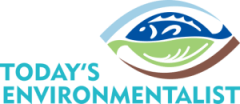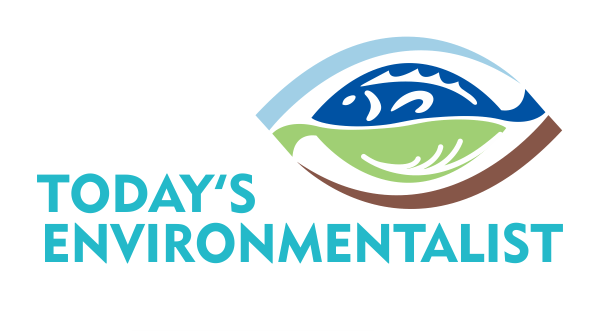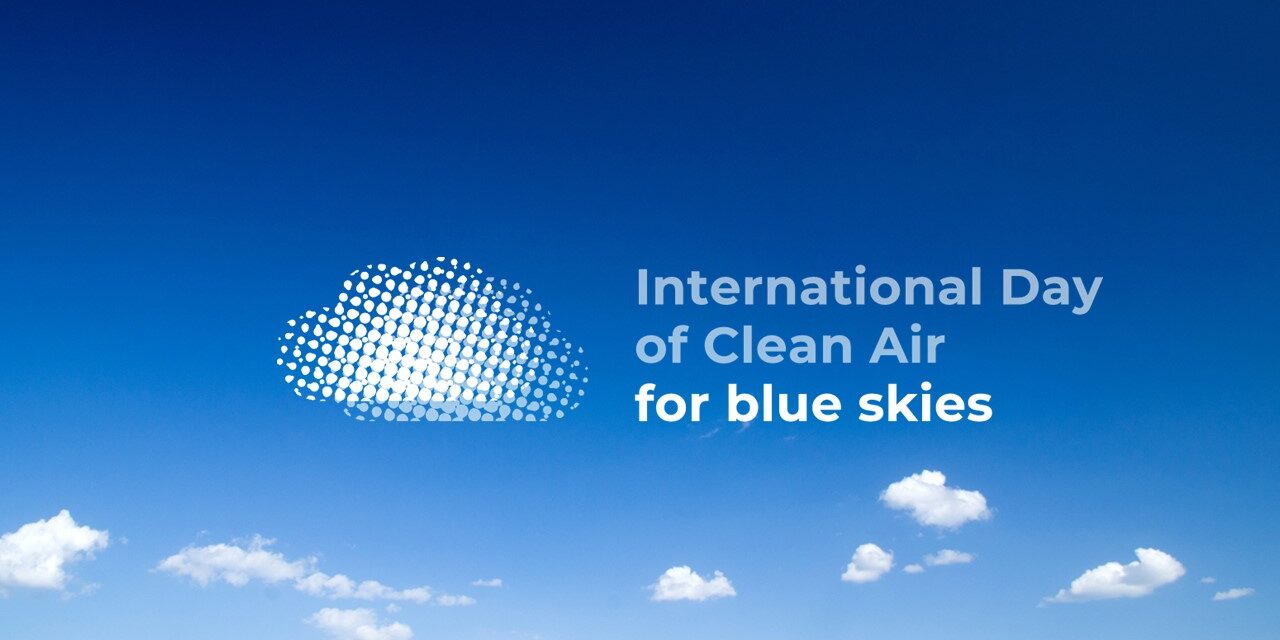Following the international community’s increasing interest in clean air, and emphasizing the need to make further efforts to improve air quality to protect human health, the United Nations General Assembly has designated 7 September as the International Day of Clean Air for blue skies.
Often, you can’t see air pollution but it is everywhere. Air pollution causes approximately 7 million premature deaths annually, making it the single greatest environmental risk to human health and one of the main avoidable causes of death and disease globally. Air pollution knows no national borders. Air pollution disproportionately affects women, children and older persons, and has a negative impact on ecosystems. Many air pollutants contribute directly to the climate crisis and improving air quality can enhance climate change mitigation. The 2030 Agenda for Sustainable Development, also recognizes that air pollution abatement is important to the attainment of the Sustainable Development Goals.
This first International Day of Clean Air for blue skies aims to build a global community of action that encourages cooperation at the national, regional, and international levels. It calls on countries to work together to tackle air pollution and provide clean air for all.
The theme of the first International Day of Clean Air for blue skies is “Clean Air for All”. It invites us all to consider how we can change our everyday lives to reduce the amount of air pollution we produce.
Air pollution is preventable, but we need everyone on board–from individuals to private companies to governments.
What you can do
The first observance of the International Day of Clean Air for blue skies provides an opportunity for each of us to combat air pollution. And you don’t have to wait until September 7 to act.
There are so many things that we can do, from cycling to work, to recycling non-organic trash, to pressuring local authorities to improve green spaces in our cities. Here are some other ideas:
• turn off lights and electronics not in use;
• check efficiency ratings for home heating systems and cook-stoves, favouring models that save money and protect health; and
• never burn trash, as this contributes directly to air pollution.
What else can we do to tackle this problem? Share your ideas on social media using the hashtag #CleanAirForAll.
#CleanAirForAll
The air we breathe connects us. It knows no borders and envelopes and sustains all living things. Yet our relationship with this most basic lifegiving substance has changed.
Air pollution is now the greatest environmental threat to health, causing approximately 7 million premature deaths each year from diseases like stroke, heart disease, chronic obstructive pulmonary disease, lung cancer and acute respiratory infections. Many sources of air pollution also drive climate change and damages nature and ecosystems.
Together we can change this. The message of this first International Day of Clean Air for blue skies is air pollution doesn’t have to be a part of our collective future. We have the solutions and must take the necessary actions to beat air pollution and provide #CleanAirForAll.
The benefits of acting are numerous. Cleaner air will make us healthier, protect nature, help achieve global climate change goals, improve the quality life and provide a secure and equitable future for all. Let’s work together at home and in our workplaces, communities, governments and across borders to improve our air.








